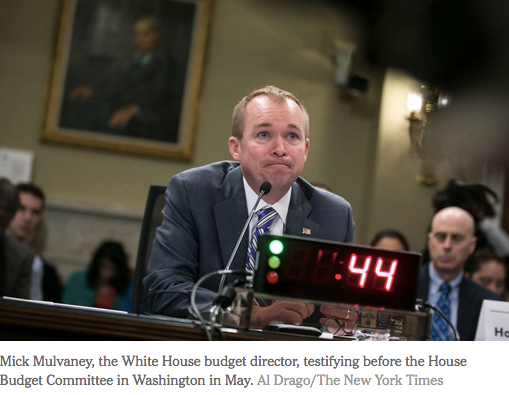On Tuesday, they took the first step with a budget proposal that calls for reducing tax rates for businesses and individuals.
But the failure of the health care plan complicates Republican efforts to overhaul the tax code. It also adds to the urgency Republicans face to secure a signature achievement in President Trump’s first year in office. For months, Republican leaders in Congress have said that it was crucial to cut the taxes imposed by President Barack Obama’s health care law so that they could introduce even deeper income tax cuts later on.
Now those Affordable Care Act taxes will remain, and the ability of the party to coalesce around ambitious tax legislation is in doubt.
The big question in Washington now is whether rewriting the tax code, which has not been done since 1986, will be any easier than undoing the Affordable Care Act. Republicans are hopeful because they view cutting taxes as central to the party’s identity. Yet the requirement that they not add to the deficit, outlined in the House budget, means they are likely to face more broad and well-financed pockets of resistance.
The plan released on Tuesday as part of the House Budget Committee’s 2018 budget resolution blueprint calls for consolidating tax brackets and cutting rates, repealing the alternative minimum tax and switching the United States from a worldwide tax system to a territorial tax system, which would tax only the domestic income of corporations.




